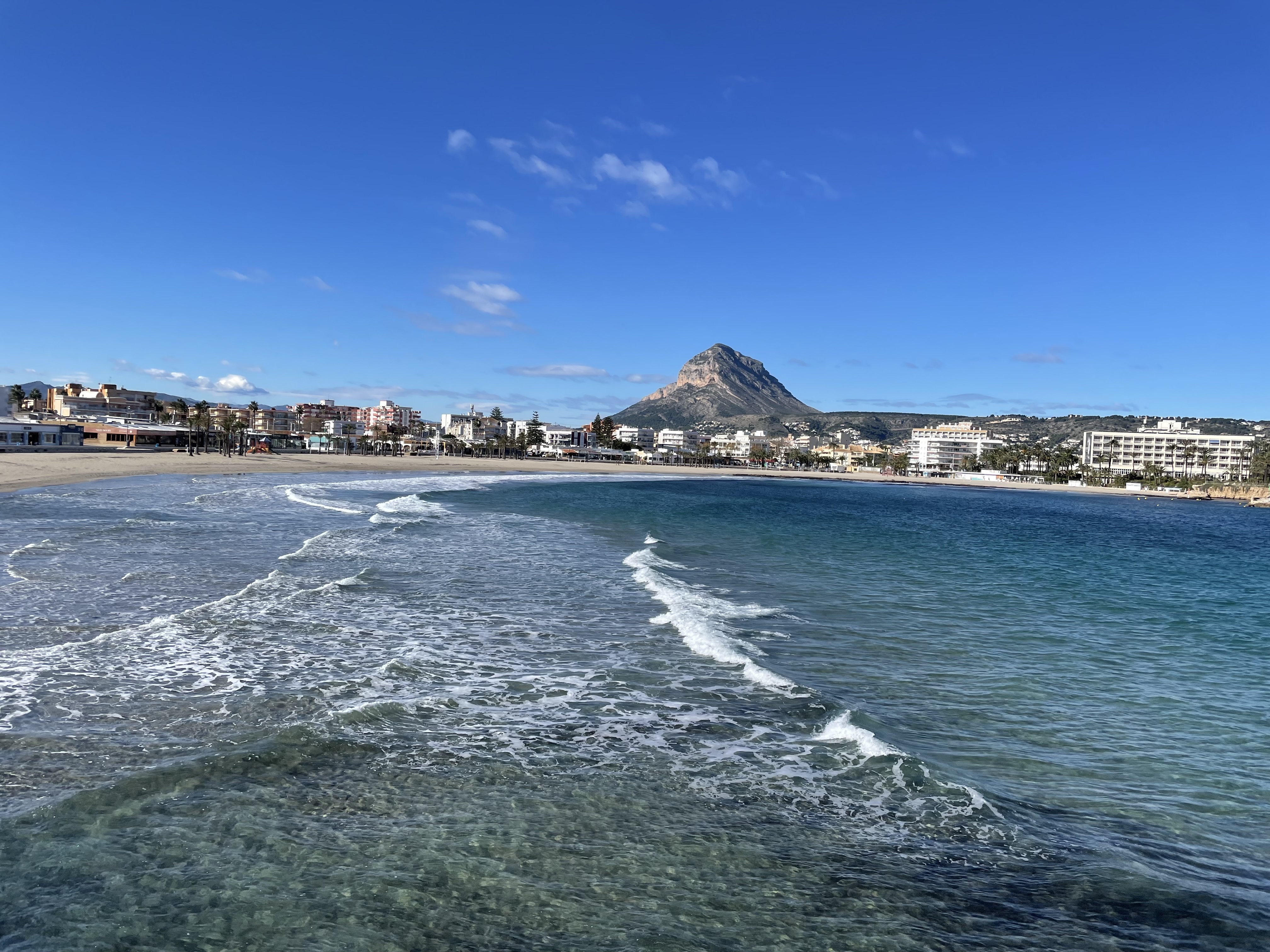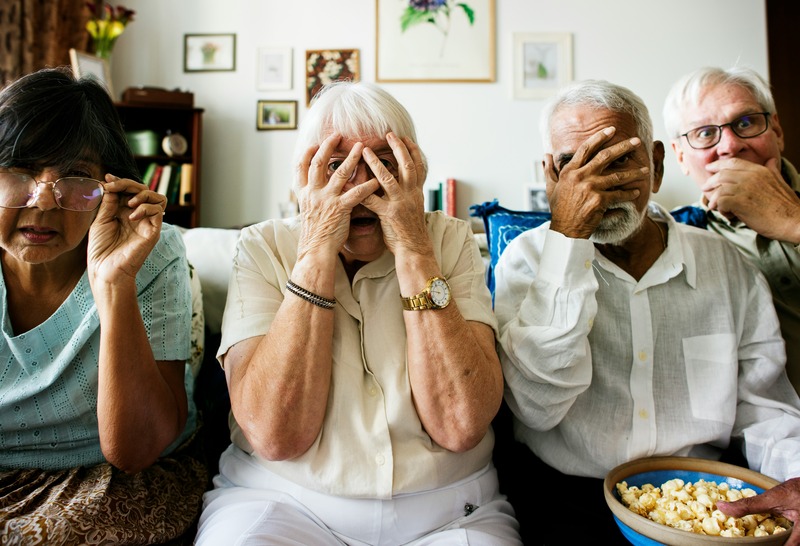
Why I Created "Try Before Moving" — And Why It Could Change Your Life By Kata Bene
What if you could live the Costa Blanca life for seven days before making one of the biggest decisions of your life? That's exactly why I created Try ...
5 mins read

Here in the Valencian Community, the secret to a long life seems to be an open one, enjoyed daily in the sun-drenched plazas and bustling markets. While the world searches for complex anti-aging formulas, a remarkable story is unfolding in our regional capital. According to new data, the city of Valencia is now home to nearly 400 people who have celebrated their 100th birthday, positioning it as a fascinating hotspot for longevity.
This isn't just a statistical blip; it's the result of a lifestyle that has been perfected over centuries. As new figures from the municipal statistics office reveal, Valencia is not just getting older, it's getting better at aging. So, what exactly is happening, and what can we learn from the city’s oldest and wisest residents?
On January 1, 2025, the official count of centenarians in Valencia reached 396 people, a significant increase of 20 individuals from the year before. This accelerating trend is a powerful indicator of the city's exceptional quality of life and healthcare.
The data reveals a few key insights into the city's demographic profile:
This trend is visible across the city's diverse districts. The most populated district, Quatre Carreres, is home to 83,333 people, including an impressive 1,013 residents over the age of 90. At the other end of the scale, the rural district of Pobles del Nord has just 7,180 inhabitants. These numbers show that longevity isn't confined to quiet, rural corners but is thriving amidst the dynamic energy of the urban core.
Statistics can tell us what is happening, but they can't explain why. The reasons behind Valencia's remarkable longevity are woven into the very fabric of its culture—a holistic ecosystem built on three core pillars.
The term "Mediterranean Diet" is often marketed as a complex regimen, but in Valencia, it’s simply food. The city is surrounded by a fertile greenbelt known as L'Horta (the Orchard), which supplies its markets with a constant stream of fresh, seasonal produce. A diet rich in fruits, vegetables, legumes, and healthy fats isn't a choice; it's a default setting.
The lifeblood of this diet is extra virgin olive oil, fresh seafood from the nearby coast, and an abundance of nuts, particularly the region's famous almonds. Meals are social events to be savored, not rushed. This emphasis on whole, unprocessed foods, enjoyed in community, is a powerful recipe for cardiovascular health and low levels of chronic inflammation.
Valencians have a purpose-driven approach to movement that is integrated into daily life. The city is eminently walkable, and its jewel is the Turia Garden, a nine-kilometer-long park that snakes through the city center. This "green lung" is a communal backyard where people of all ages walk, cycle, practice yoga, and socialize.
Beyond planned exercise, there is the culture of the paseo—the leisurely evening stroll that is as much about social connection as it is about physical activity. Life is lived outdoors. Neighbors chat from balconies, friends meet for coffee in plazas, and multi-generational families remain the bedrock of society. This constant social interaction provides a powerful antidote to the loneliness and isolation that can plague older populations in other cultures. Combined with over 300 days of sunshine a year, which ensures a healthy dose of Vitamin D, the environment itself promotes well-being.

This demographic success story is set to continue. Projections from Spain’s National Statistics Institute (INE) forecast that the population of the Valencian Community will grow by 19% in the coming decades, partly fueled by migration, which helps to balance the aging population.
Furthermore, life expectancy is predicted to keep climbing. By 2073, the INE estimates that the average life expectancy in Spain will reach 86 years for men and an incredible 90 years for women.
These figures present both an opportunity and a challenge. They underscore the need for policymakers to continue adapting infrastructure, healthcare, and social services to support a growing senior population. But more importantly, they are a testament to a society that has created an environment where people don't just live longer—they live better.
Valencia's rising number of centenarians is more than just good news; it's a blueprint. It shows that the secret to a long, well-lived life may not lie in a fad diet or a new technology, but in the timeless wisdom of community, fresh food, and a life lived with purpose, under the sun.
Would you like to stay up to date? Enter your email below for latest listing